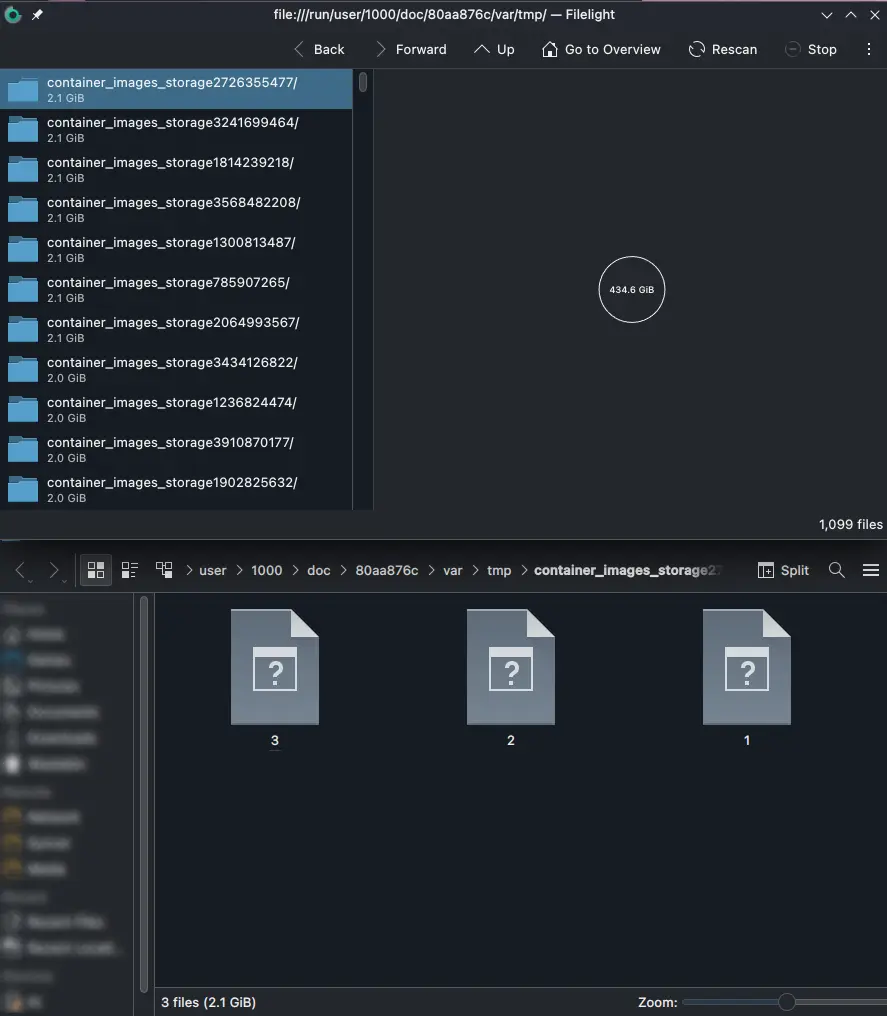this post was submitted on 06 May 2024
71 points (97.3% liked)
Linux
48332 readers
842 users here now
From Wikipedia, the free encyclopedia
Linux is a family of open source Unix-like operating systems based on the Linux kernel, an operating system kernel first released on September 17, 1991 by Linus Torvalds. Linux is typically packaged in a Linux distribution (or distro for short).
Distributions include the Linux kernel and supporting system software and libraries, many of which are provided by the GNU Project. Many Linux distributions use the word "Linux" in their name, but the Free Software Foundation uses the name GNU/Linux to emphasize the importance of GNU software, causing some controversy.
Rules
- Posts must be relevant to operating systems running the Linux kernel. GNU/Linux or otherwise.
- No misinformation
- No NSFW content
- No hate speech, bigotry, etc
Related Communities
Community icon by Alpár-Etele Méder, licensed under CC BY 3.0
founded 5 years ago
MODERATORS
you are viewing a single comment's thread
view the rest of the comments
view the rest of the comments

Silly question why do this over zram these days?
Doesn't zram compress what's in memory so systems with less ram can work a little better? If you've got enough for a ramdisk you don't need zram.
From what I understand, zram only works on a small portion of the ram, and it used as essentially a buffer between ram and swap, as swap is very slow. It actually benefits systems with more ram, if anything. The transparent compression takes far less time than swapping data to disk